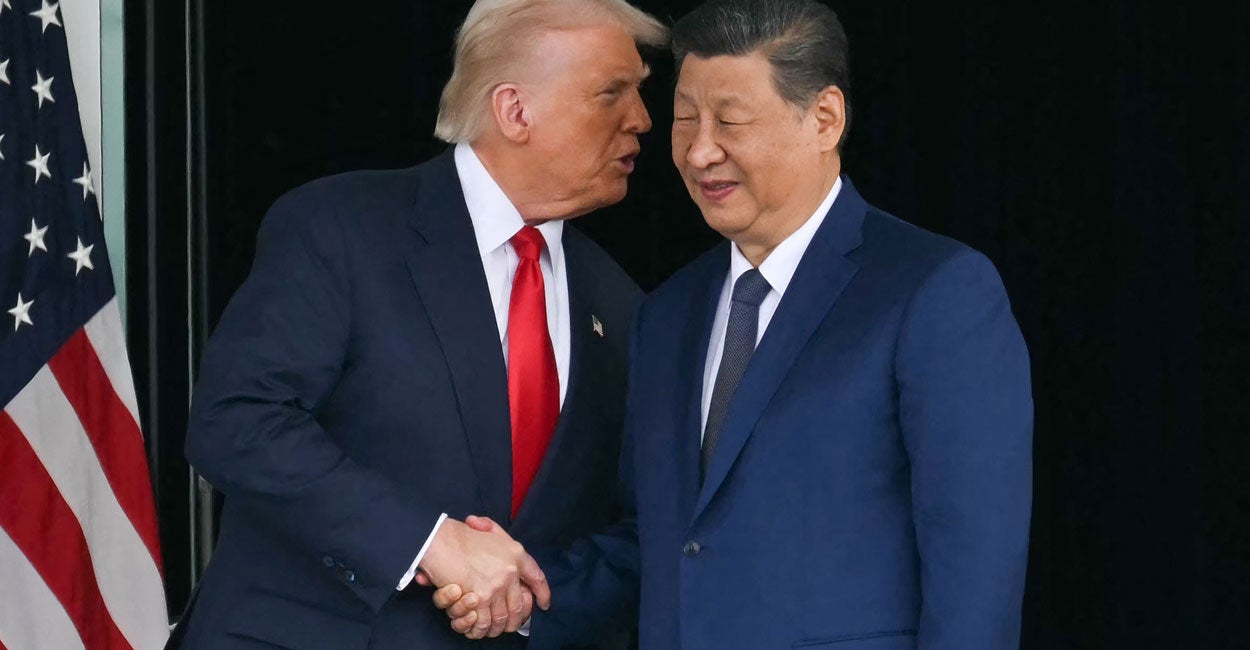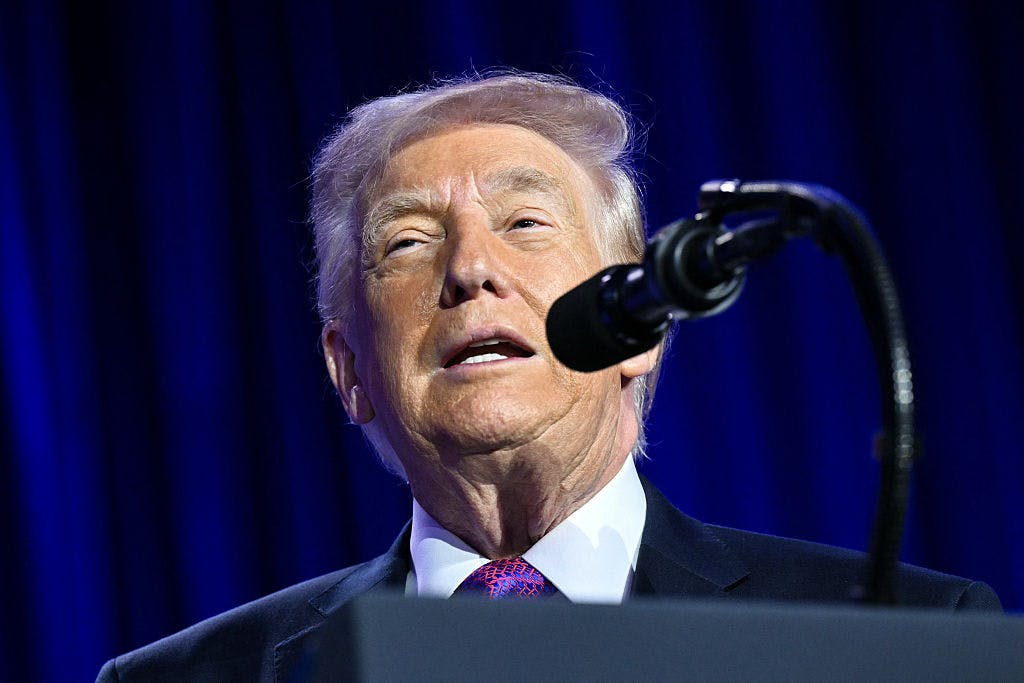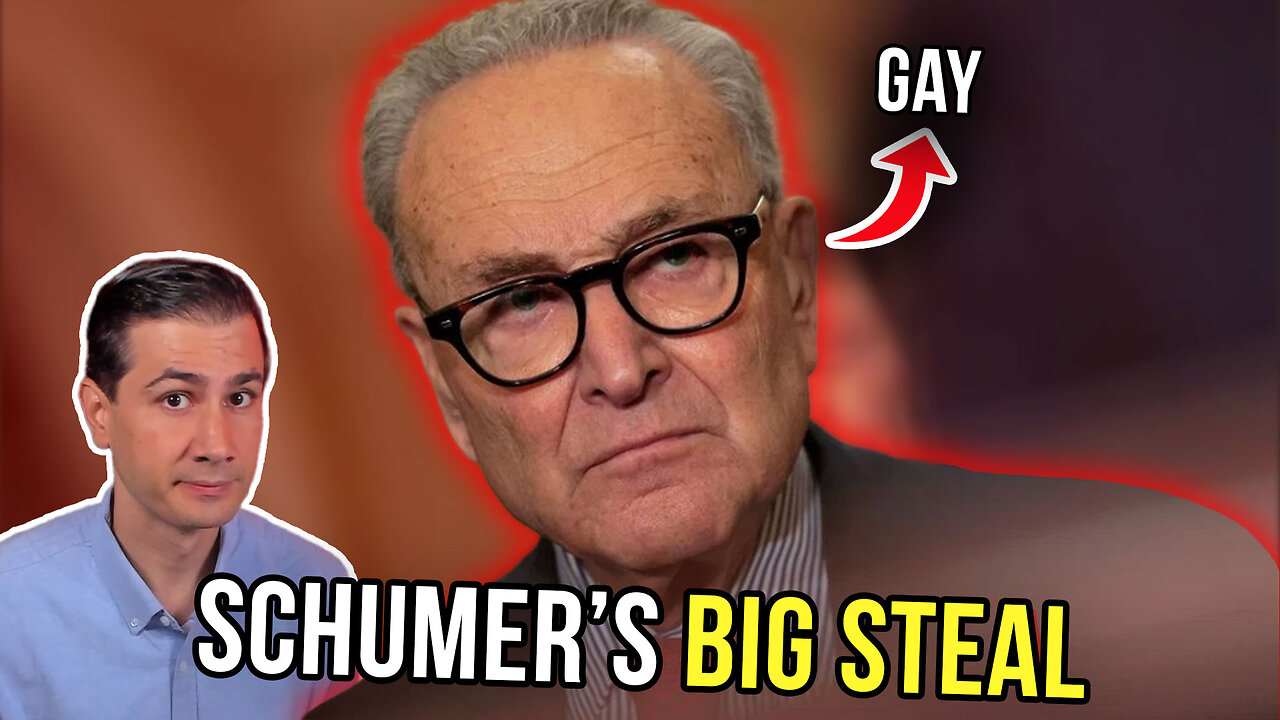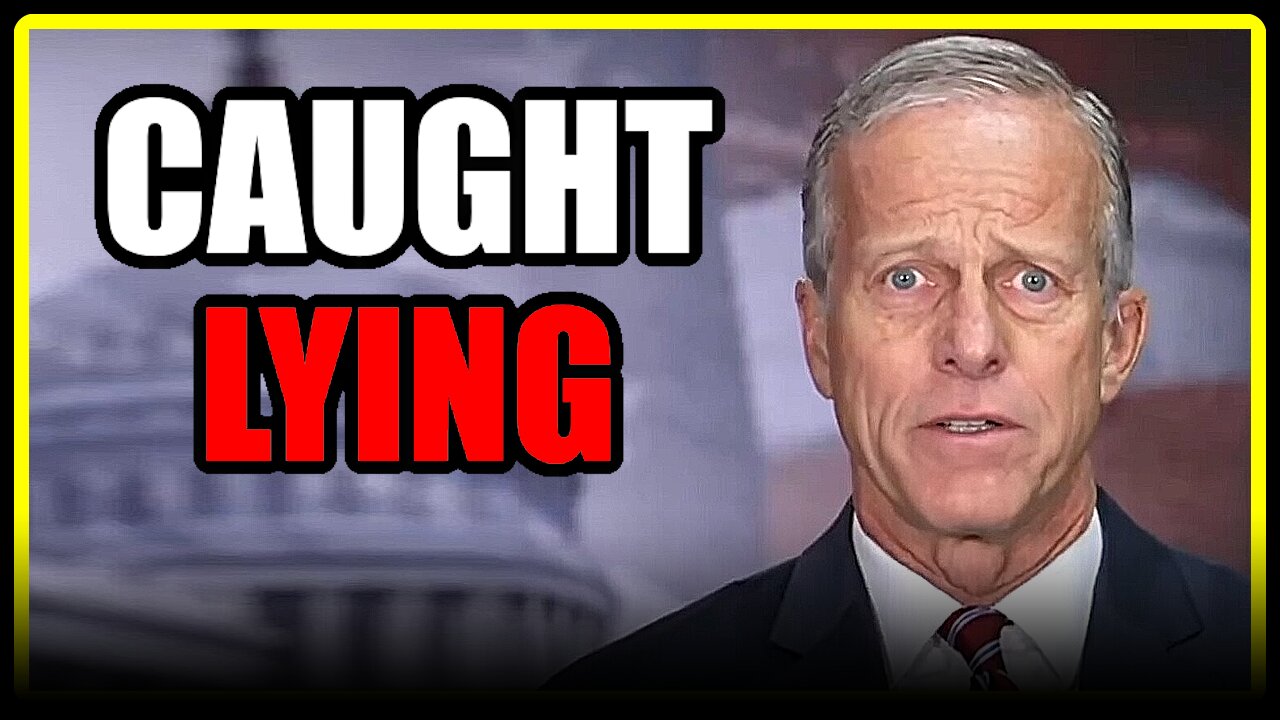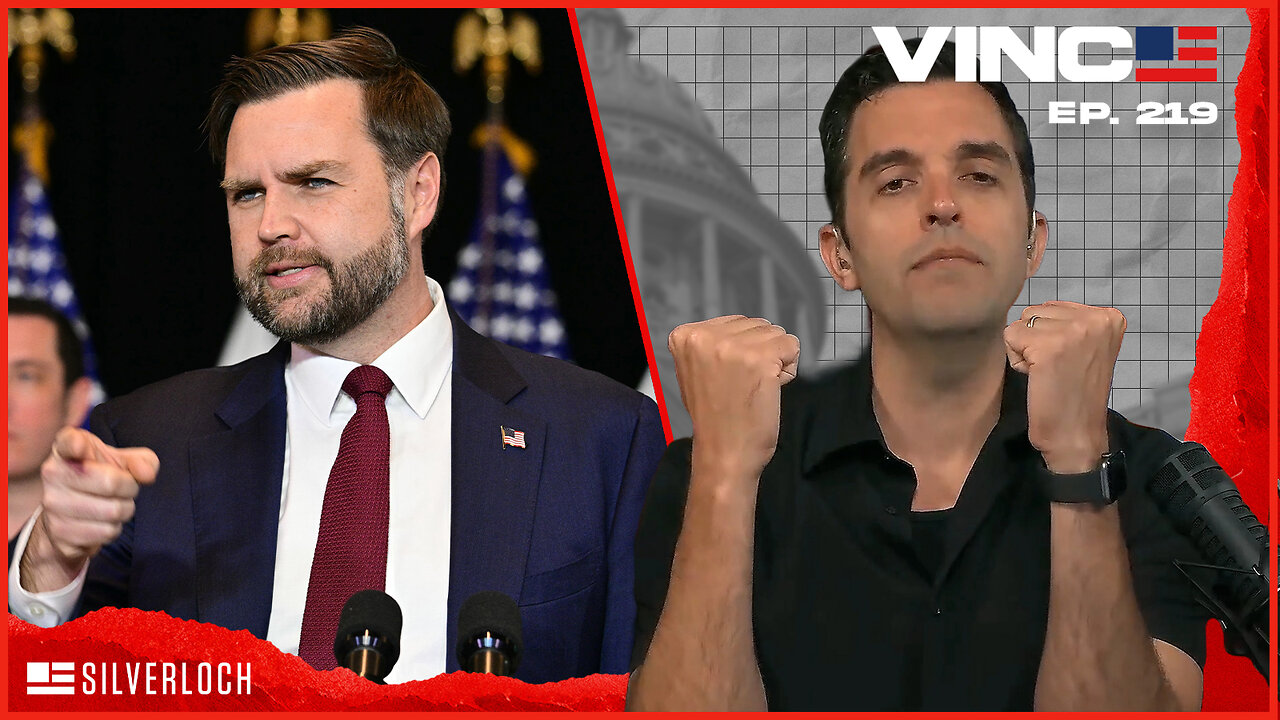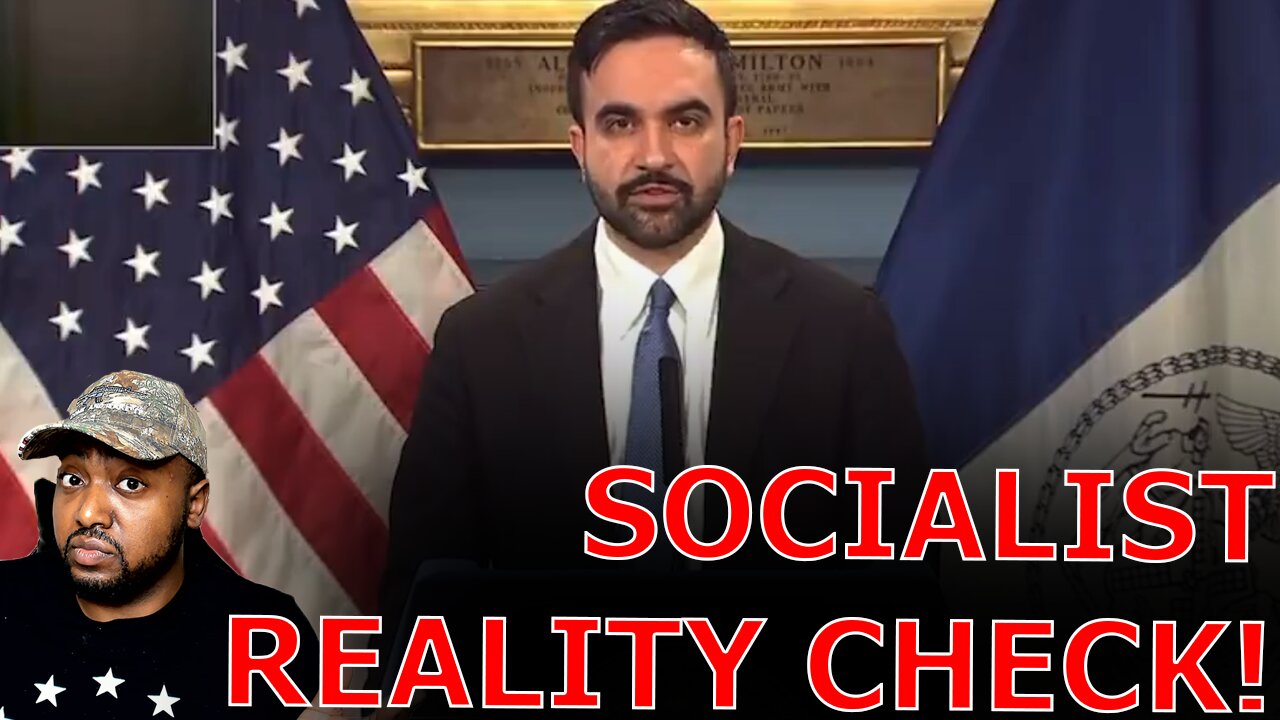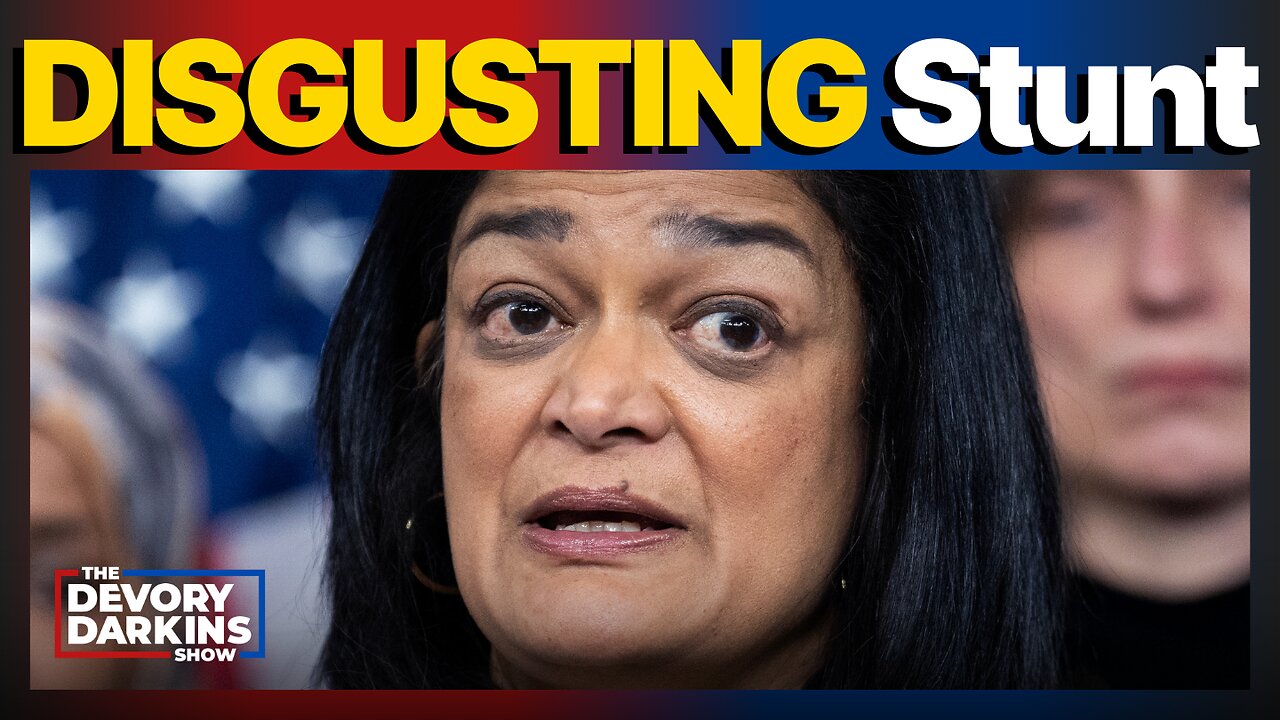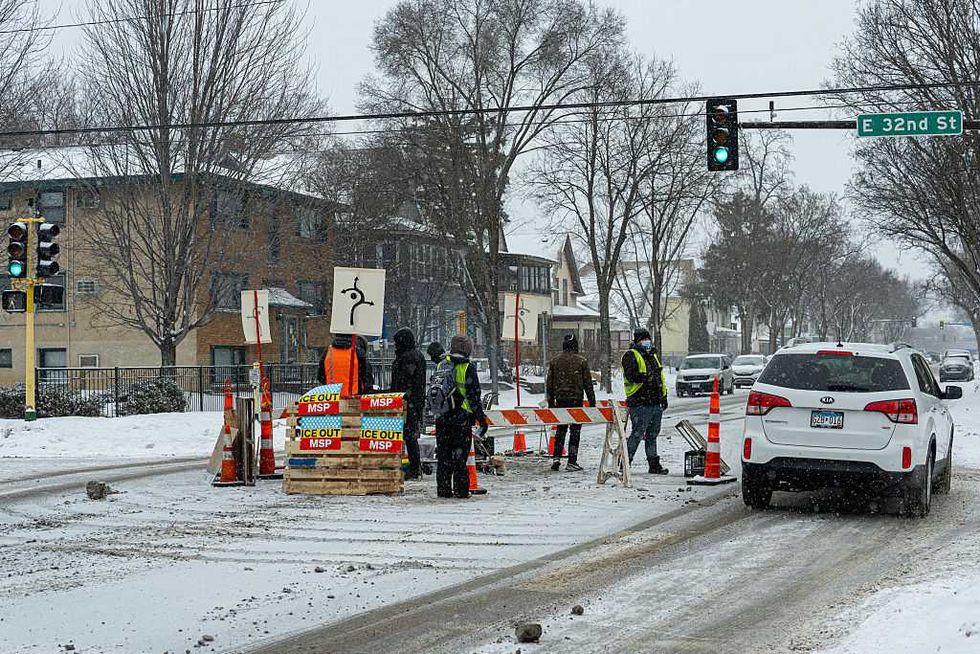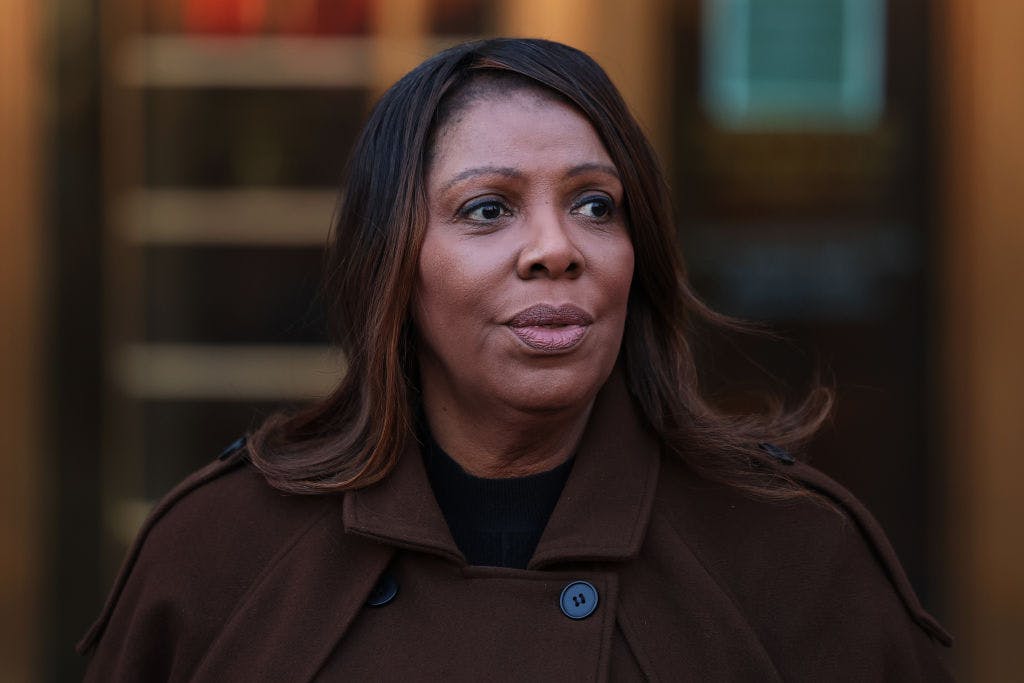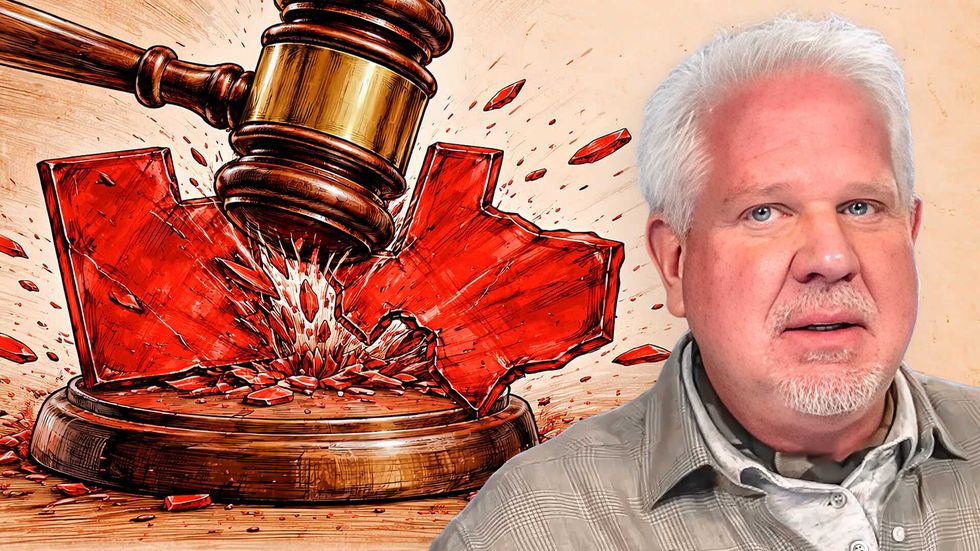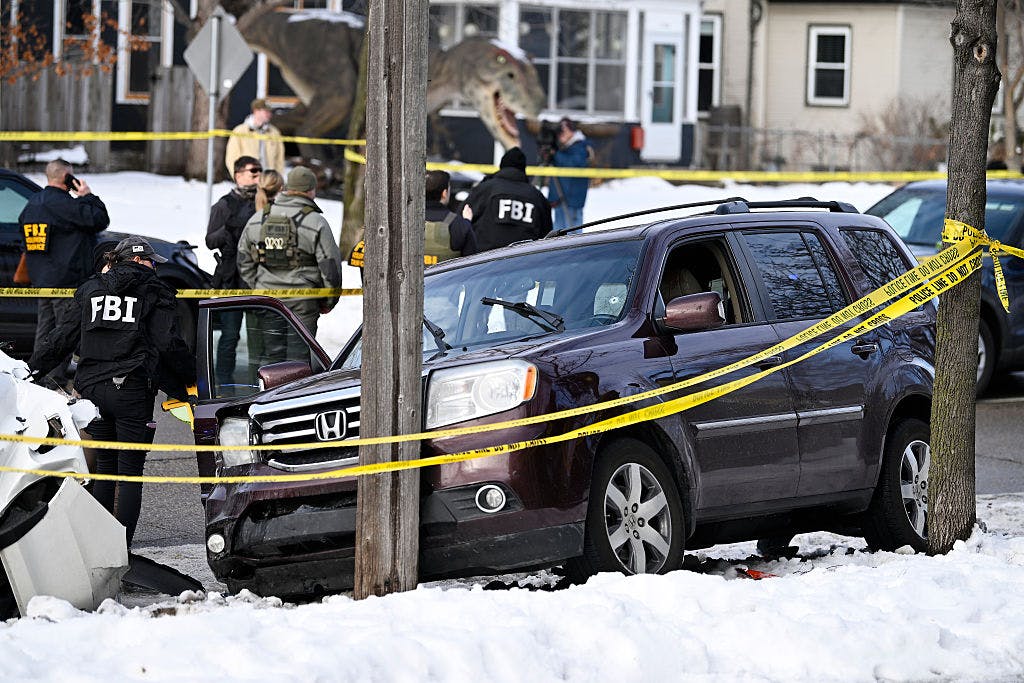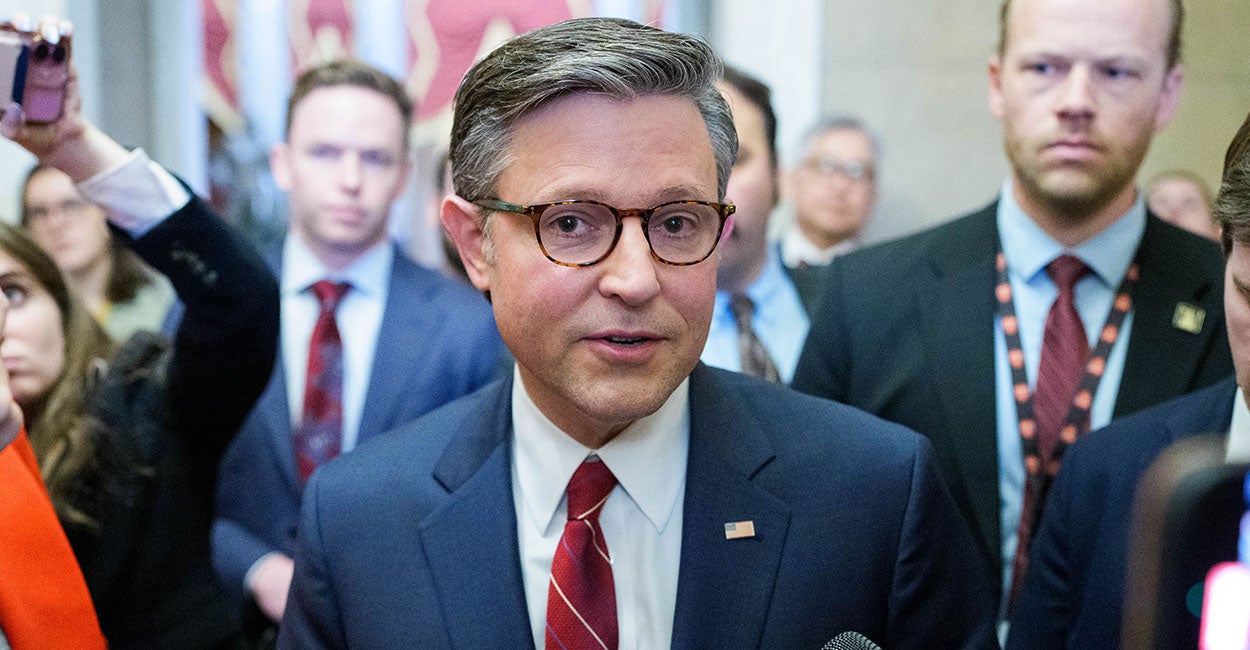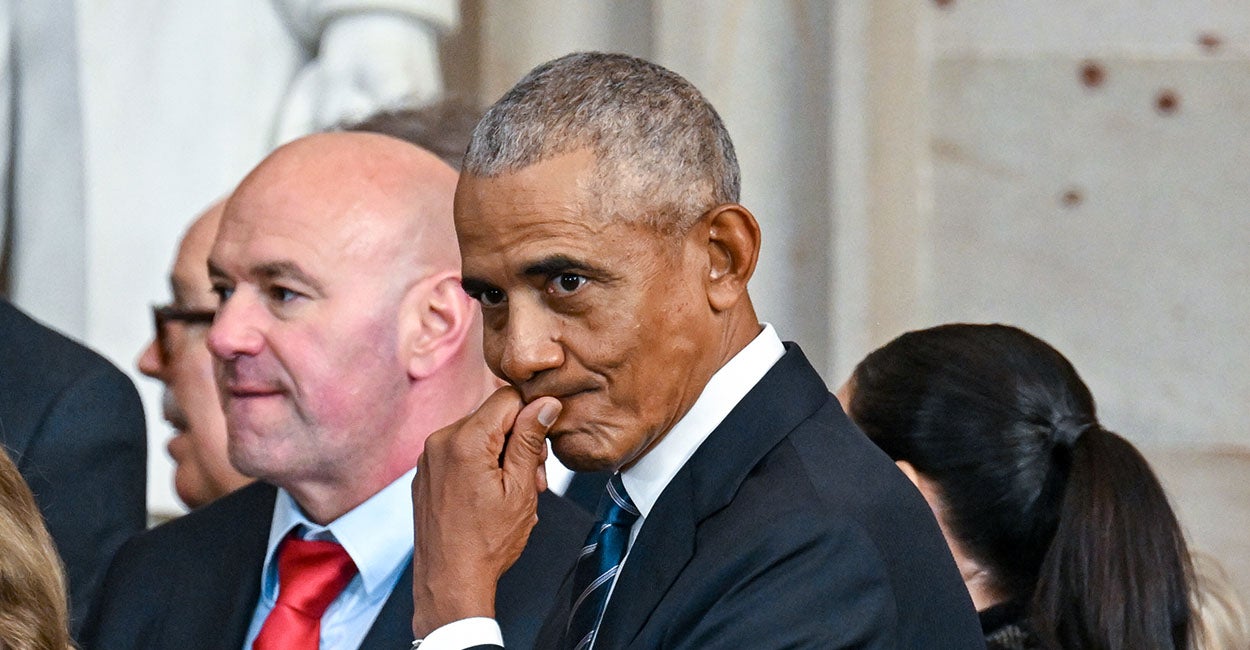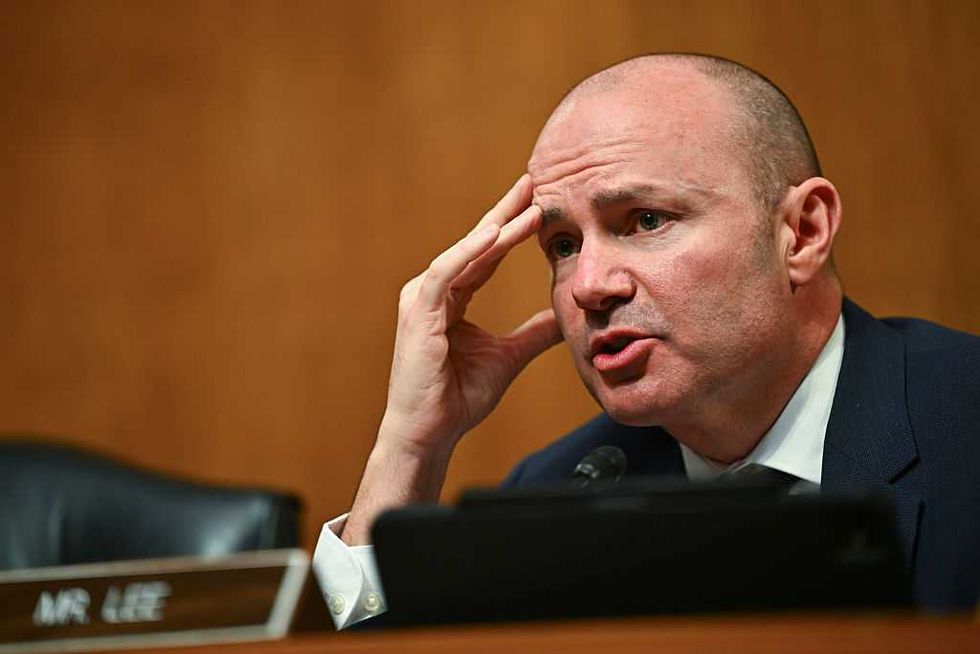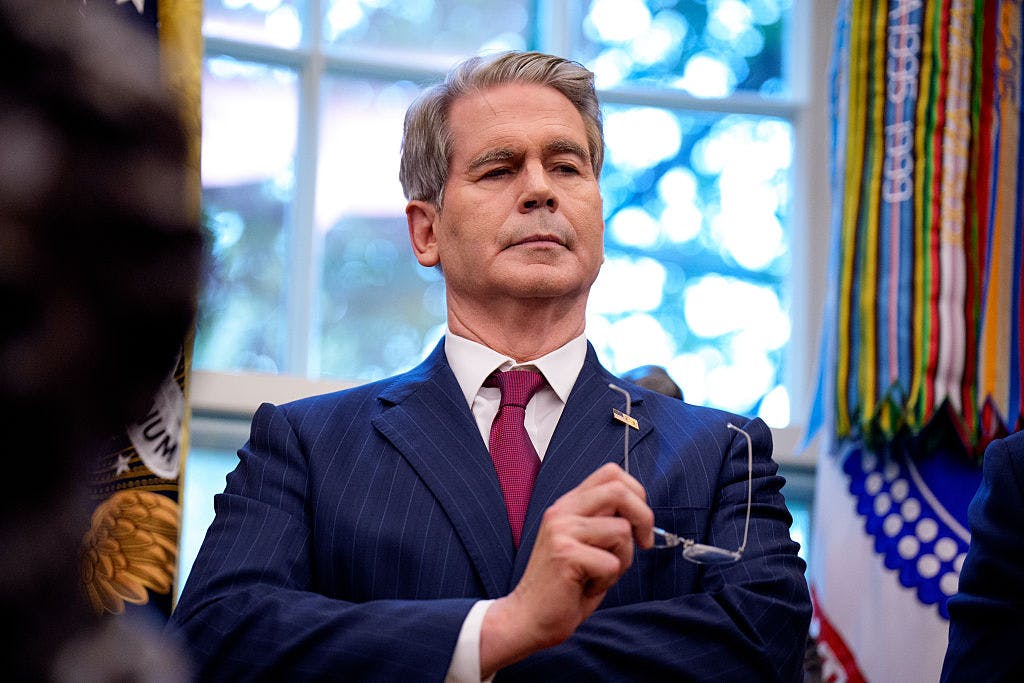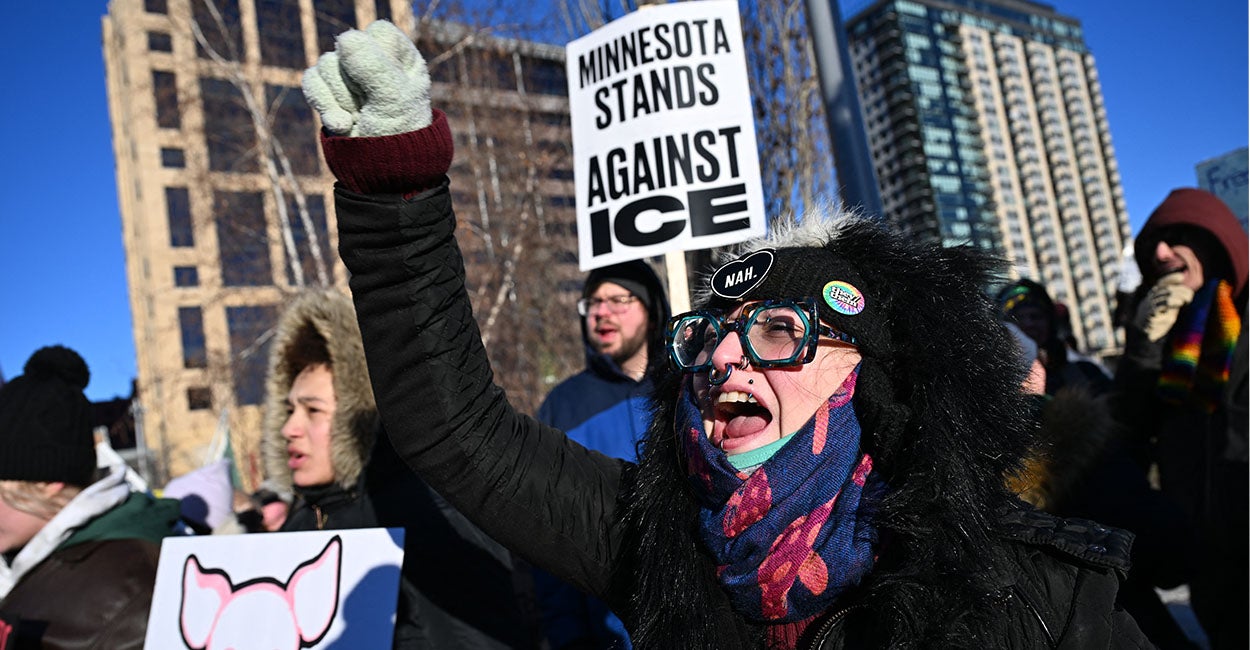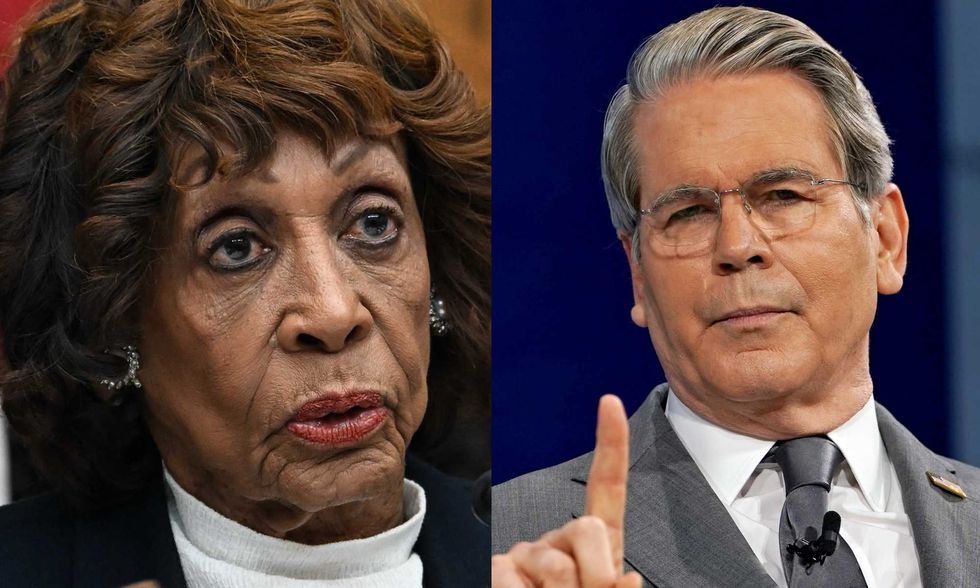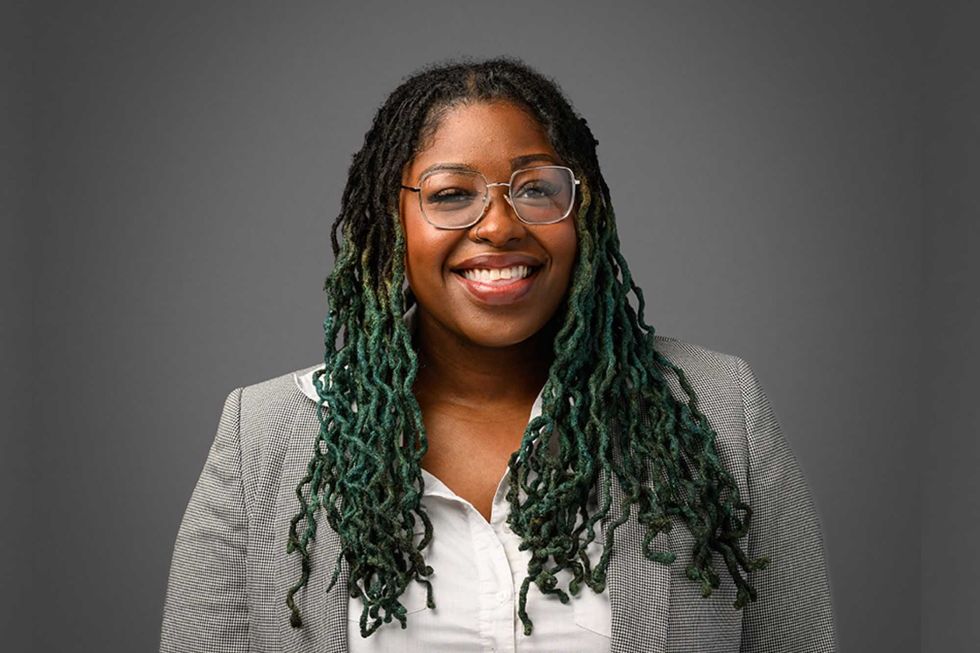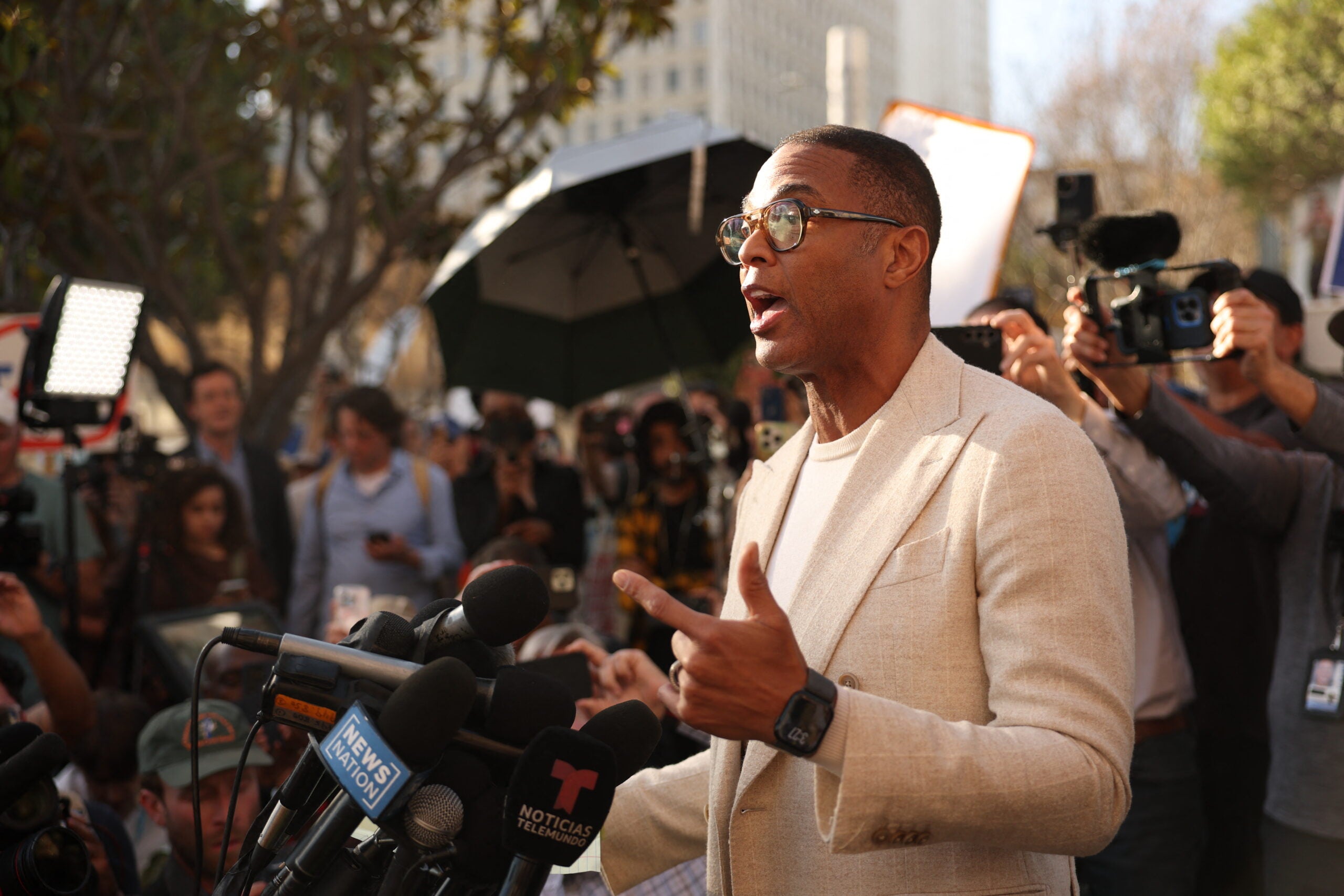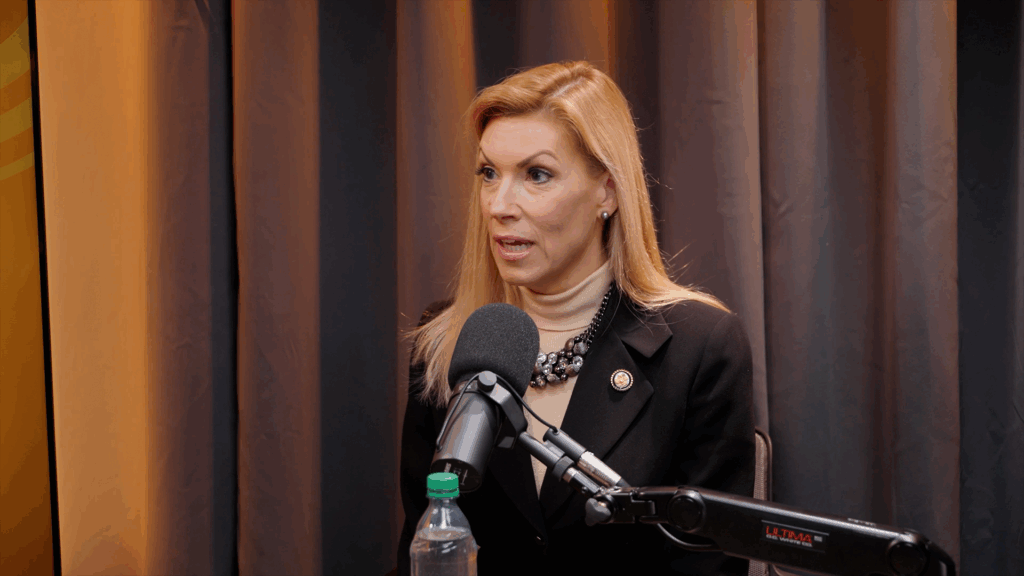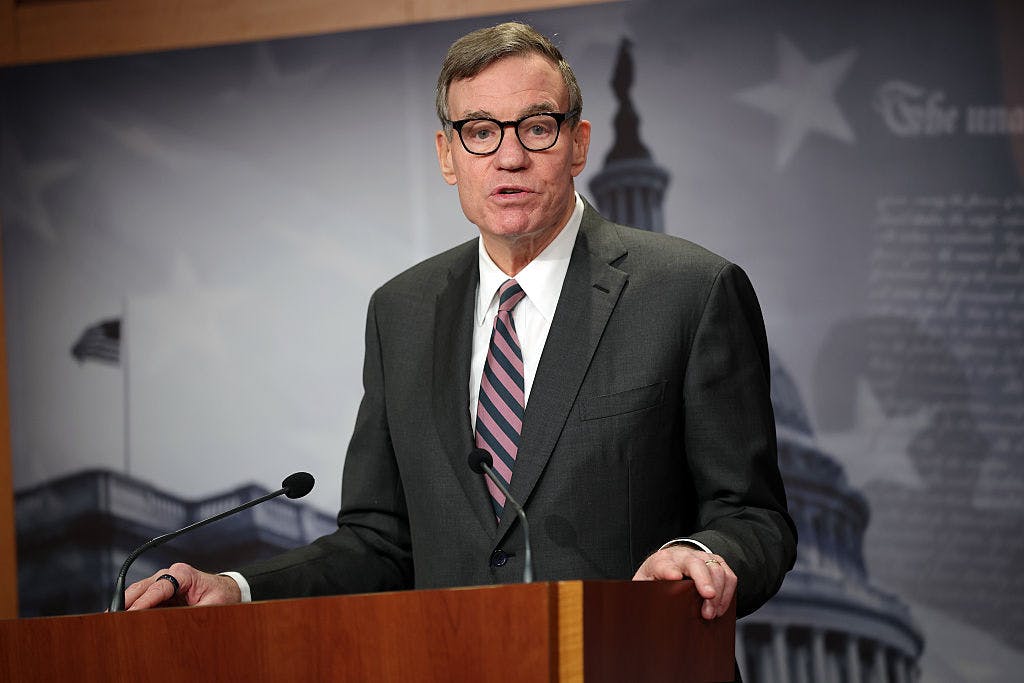Why Syria Needs The Abraham Accords 2.0

This month, I journeyed to the Middle East, where I met with Israeli Prime Minister Benjamin Netanyahu and Israeli Druze spiritual leader Sheikh Muwaffaq Tarif. I spoke with leaders about the importance of bringing peace to the troubled region.
Live Your Best Retirement
Fun • Funds • Fitness • Freedom
In a region too often defined by conflict and mistrust, my mission overall was simple: listen, engage, and explore a path toward stability that protects all ethnicities and religions while advancing America’s security interests.
But the most important part of my trip came in Damascus, where I met with Syria’s interim President Ahmed al-Sharaa and Syrian Foreign Minister Asaad Hassan al-Shaibani.
I have long advocated for a Syria that looks towards the future and not the past. For me, it’s personal.
When I took my oath of office, I did so using the family Bible of Kayla Mueller, who was abducted by terrorists in 2013 while leaving a Doctors Without Borders hospital in Aleppo. Kayla’s parents, Carl and Marsha Mueller, joined me and my family that day.
In recent months, I’ve coordinated with American partners to follow new intelligence about the possible location of Kayla’s remains. I won’t stop fighting until we bring her home — and I won’t stop fighting until we bring stability to Syria.
Lasting peace in the Middle East is possible, and I believe that peace between the region’s peoples is the ultimate safeguard for both American and global security.
We’ve made progress. Recently, American forces and local partners successfully targeted ISIS leadership in al-Bab.
But what Syria needs most is time, space, and a framework for peace that guarantees equal rights, fair representation, and a constitutional system that breaks from the failures of the past.
That is where President Donald Trump’s game-changing Abraham Accords come in. The first round of agreements reshaped the geopolitical map, bringing Israel together with the United Arab Emirates, Bahrain, and Morocco in a coalition for peace, trade, and security.
Abraham Accords 2.0 is the natural next step, one that would expand this circle to include Arab nations, Israel, and potentially a post-conflict Syria, fostering an alliance that isolates Iran and its terror proxies, defeats ISIS, and opens the door to unprecedented regional cooperation.
The purpose of my meetings was not just fact-finding. With my military background and seat in Congress, I am uniquely positioned to bridge cultural divides, open dialogue with communities often overlooked in Washington, and help President Trump build the trust and political will necessary for these historic agreements.
Just as President Trump defied the skeptics with the original Abraham Accords, we can defy them again. We can bring in nations once considered impossible partners, tie security cooperation to economic growth, and create a durable framework for peace that ensures every community, Arabs, Jews, Kurds, Christians, and Muslims all have a place in the region’s future.
My office has always welcomed diverse voices and perspectives from across the Middle East. I didn’t visit the Middle East to dictate how people live or to push another era of nation-building. I went to offer support and foster hope, just as President Trump did with Kosovo-Serbia normalization, peace agreements in Africa and Asia, the first Abraham Accords, and the most recent peace signing between Azerbaijan and Armenia.
These successes prove that President Trump’s brand of diplomacy works.
This is only the beginning. Working alongside Ambassador Tom Barrack and other key partners, I will continue to advance a vision for the Levant and the broader Middle East that promotes stability for every community and strengthens America’s security posture.
The voters who sent me to Washington made it clear: they want an end to endless wars and a real strategy for peace. With America First diplomacy and the leadership of President Trump, Abraham Accords 2.0 can become a reality and with it, lasting peace in the Middle East.
If there was ever a moment to turn the page and secure a future where peace is possible for Arabs, Jews, Kurds, Christians, and Muslims alike, it is now.
America First diplomacy does not mean America Alone. We have a lot of work to do, and I look forward to seeing the day when lasting peace in the Middle East is achieved. By working together, we can make this dream a reality.
Abe Hamadeh represents Arizona’s 8th Congressional District in the House of Representatives.
The views expressed in this piece are those of the author and do not necessarily represent those of The Daily Wire.
Originally Published at Daily Wire, Daily Signal, or The Blaze
What's Your Reaction?
 Like
0
Like
0
 Dislike
0
Dislike
0
 Love
0
Love
0
 Funny
0
Funny
0
 Angry
0
Angry
0
 Sad
0
Sad
0
 Wow
0
Wow
0
